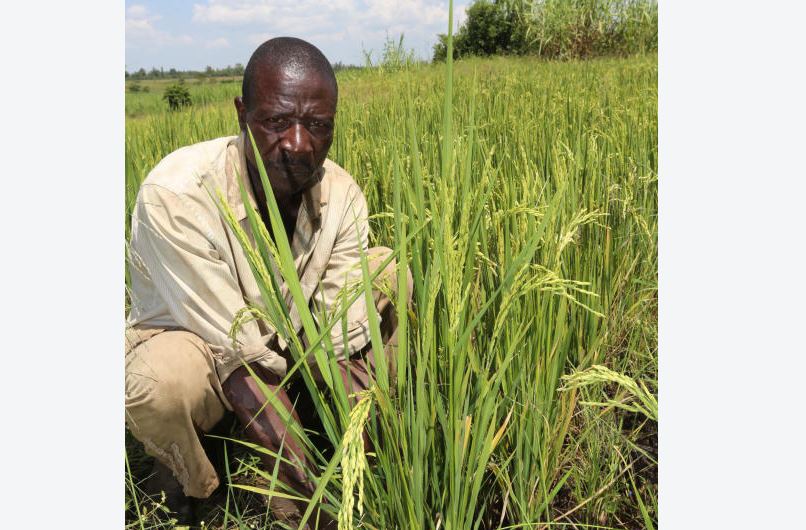×
The Standard e-Paper
Home To Bold Columnists

Ronald Oduor faithfully tilled his sugarcane plantation for many years, and the crop ensured he could put bread on the table.
But the tables turned and Mr Oduor cleared his farm in Koyonzo sub-county to plant another crop that was proving to be a favourite with a few farmers; rice.